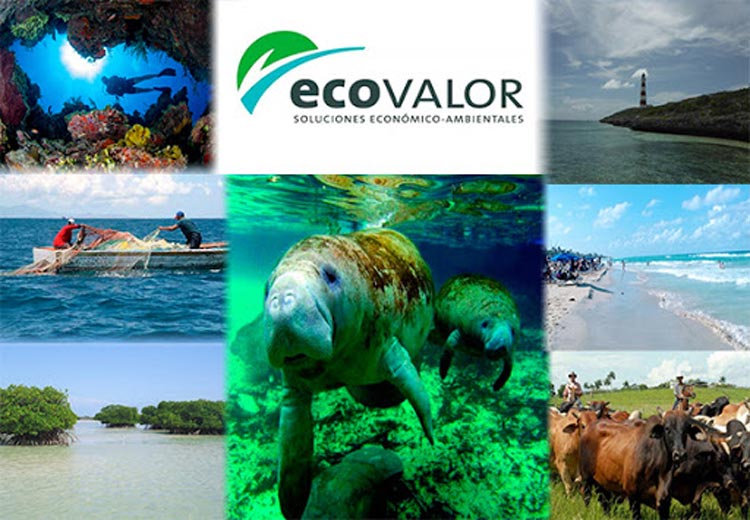Holguín university students involved in the Ecovalor project
- Written by Claudia Patricia Domínguez
- Published in Holguin
- Hits: 942

Professors from the University of Holguín contribute to the implementation of the international Ecovalor project with specialists from the territorial delegation of the Ministry of Science, Technology and Environment, which is developed in five Cuban provinces for the benefit of landscapes, forests and productive sectors of the Caribbean nation.
Dr.Sc. Roberto Rodríguez Córdova, professor in the department of economics of the Faculty of Business Sciences and one of the experts participating in the management group, said to the local newspaper !ahora! that it is an international project started in 2018 with the aim to promote multiple environmental benefits for ecosystem goods and services as a tool for decision-making.
He explained that it is the responsibility of the professors at the University to carry out the economic valuation within this project since until now there was no policy in the country that would allow knowing the implications derived from an analysis of this type, whose application is valid not only when there is environmental damage caused by natural phenomena, but it is also essential in any investment made to know its impact on the ecosystem studied.
The project will consist of three components. The first related to legal, political and institutional frameworks in key sectors, the second on tools that include focused analysis of scenarios, guiding decision makers on the implications of different courses of action in the target sectors that affect natural resources and global environmental values, and the third will take into account the experiences of the five selected localities, generating, validating and demonstrating mechanisms to optimize and internationalize the values of ecosystem goods and services, he explained.
Rodríguez Córdova indicated that in the province of Holguín, the selected localities are Nipe Bay and the neighboring lowlands, the tourist pole of northern Holguín from Gibara to Antilla and the protected areas of the Caletones ecological reserve, Cabo Lucrecia-Punta de Mulas fauna refuge and the natural landscape of the Ramón de Antilla Peninsula.
He pointed out that connectivity along the coast for the rationalization of fishing, sustainable and responsible tourism, as well as spatial measures of environmental planning and mitigation, management of infrastructure development, maritime traffic and management of basins, were taken into account for their selection.
The implementation of the international Ecovalor project allows the determination of the economic valuation and therefore the University has the responsibility not only in the calculations but also of the professional training of the specialists and technicians who must be prepared and master the subject in depth, he assured.
The project that also involves the provinces of Pinar del Río, Matanzas, Villa Clara, Camagüey and Las Tunas will address, among other issues, those related to the growth of mass tourism, the emission of liquid waste from industrial, extractive and domestic sources, the unsustainable agriculture, shipping and port operations.
It anticipates its extension until 2024 and has international financing from the World Environment Fund, which is managed through the United Nations Development Program.
